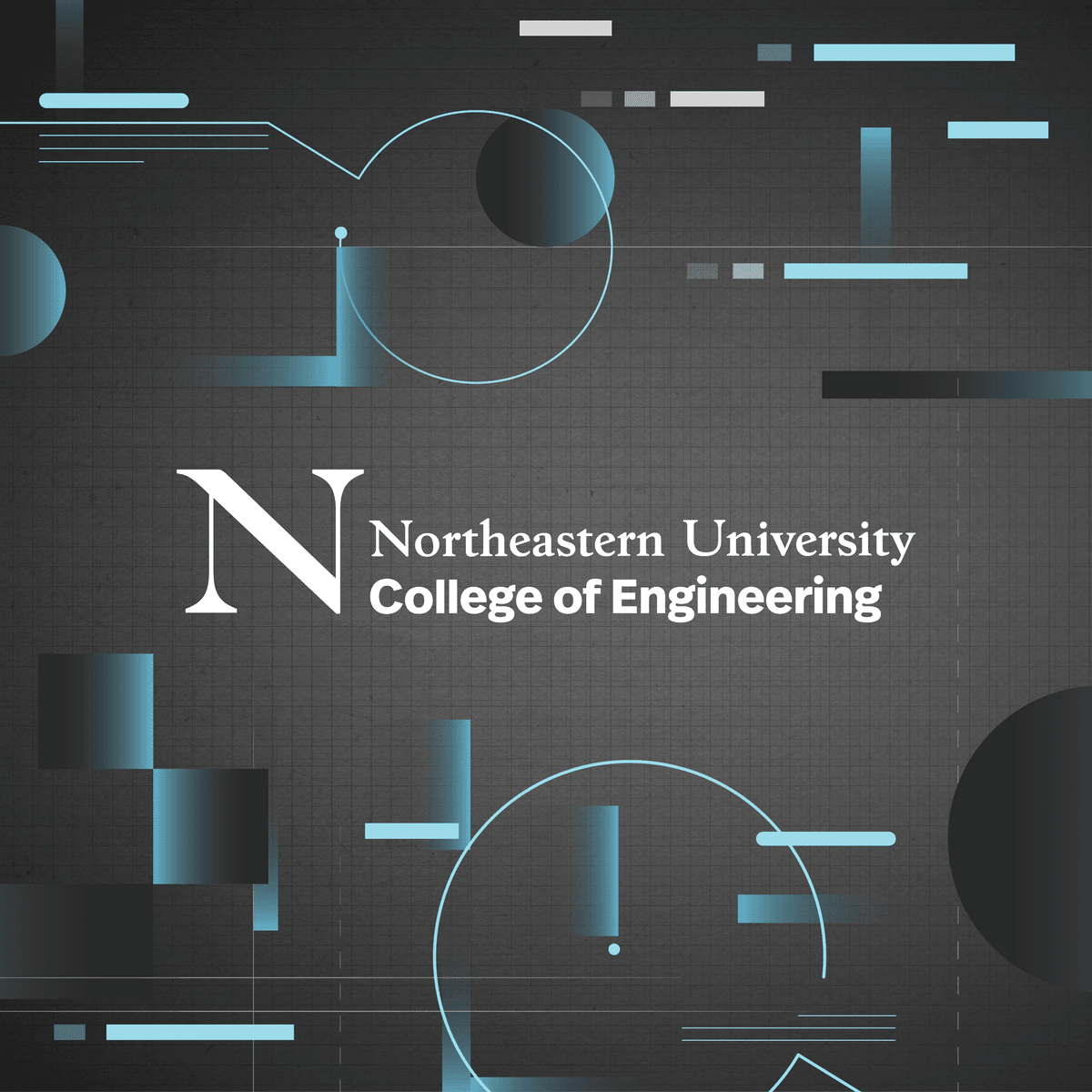
In the Data-Driven Systems: DBMS, SQL & Data Modeling course, you will gain an essential foundation in database theory and skills, exploring key concepts and architecture within a data-centric system context. You will acquire valuable knowledge and skills in managing, manipulating, and analyzing large datasets, with an emphasis on both relational and NoSQL databases.
What's inside
Syllabus
General Database Purpose
In Module 1, you will embark on a journey through the history and evolution of database systems, gaining valuable insights into the milestones that have shaped modern data management. Through critical analysis of historical contexts and past design strategies, you will develop a nuanced understanding of how database designs have progressed and occasionally faltered. We will evaluate the impact of these developments on current database practices and learn to apply this knowledge to assess and enhance database effectiveness.
Read more
Syllabus
Good to know
Save this course
Activities
Review Relational Database Concepts
Show steps
Refresh your memory on relational database fundamentals to set a strong foundation for the course.
Browse courses on
Relational Database
Show steps
-
Review concepts of tables, attributes, and relationships
-
Explore examples of relational database structures
Revisit Database Query Languages
Show steps
Solidify your SQL skills to make it easier to follow SQL exercises.
Browse courses on
SQL
Show steps
-
Review SQL syntax and commands
-
Practice writing queries using sample datasets
Organize Course Notes and Materials
Show steps
Maximize your retention by keeping your notes and materials well-organized.
Show steps
-
Review lecture notes, slides, and readings
-
Summarize key concepts and add personal insights
-
Organize your notes into a logical structure
Four other activities
Expand to see all activities and additional details
Show all seven activities
Join a Database Study Group
Show steps
Connect with peers to enhance your learning through discussions and collaborations.
Show steps
-
Find or create a study group with other students taking the course
-
Meet regularly to discuss course materials, share knowledge, and work on assignments together
Follow Tutorials on NoSQL Databases
Show steps
Supplement course content with tutorials to deepen your understanding of NoSQL databases.
Browse courses on
NoSQL
Show steps
-
Find video tutorials on MongoDB or other NoSQL databases
-
Follow along with the tutorials and take notes
-
Try out the examples and exercises provided in the tutorials
Solve Database Design Problems
Show steps
Test your understanding of database design concepts through practice problems.
Browse courses on
Database Design
Show steps
-
Find online resources or textbooks with database design problems
-
Attempt to solve the problems on your own
-
Check your solutions against provided answers or consult with peers
Design and Implement a Database Schema
Show steps
Reinforce your learning by applying your knowledge to a practical database design project.
Browse courses on
Database Design
Show steps
-
Identify a project or use case that requires a database
-
Use the concepts covered in the course to design a database schema
-
Implement the schema using a database management system
-
Test and refine your implementation
Review Relational Database Concepts
Show steps
Refresh your memory on relational database fundamentals to set a strong foundation for the course.
Browse courses on
Relational Database
Show steps
- Review concepts of tables, attributes, and relationships
- Explore examples of relational database structures
Revisit Database Query Languages
Show steps
Solidify your SQL skills to make it easier to follow SQL exercises.
Browse courses on
SQL
Show steps
- Review SQL syntax and commands
- Practice writing queries using sample datasets
Organize Course Notes and Materials
Show steps
Maximize your retention by keeping your notes and materials well-organized.
Show steps
- Review lecture notes, slides, and readings
- Summarize key concepts and add personal insights
- Organize your notes into a logical structure
Join a Database Study Group
Show steps
Connect with peers to enhance your learning through discussions and collaborations.
Show steps
- Find or create a study group with other students taking the course
- Meet regularly to discuss course materials, share knowledge, and work on assignments together
Follow Tutorials on NoSQL Databases
Show steps
Supplement course content with tutorials to deepen your understanding of NoSQL databases.
Browse courses on
NoSQL
Show steps
- Find video tutorials on MongoDB or other NoSQL databases
- Follow along with the tutorials and take notes
- Try out the examples and exercises provided in the tutorials
Solve Database Design Problems
Show steps
Test your understanding of database design concepts through practice problems.
Browse courses on
Database Design
Show steps
- Find online resources or textbooks with database design problems
- Attempt to solve the problems on your own
- Check your solutions against provided answers or consult with peers
Design and Implement a Database Schema
Show steps
Reinforce your learning by applying your knowledge to a practical database design project.
Browse courses on
Database Design
Show steps
- Identify a project or use case that requires a database
- Use the concepts covered in the course to design a database schema
- Implement the schema using a database management system
- Test and refine your implementation
Career center
Reading list
Share
Similar courses
OpenCourser helps millions of learners each year. People visit us to learn workspace skills, ace their exams, and nurture their curiosity.
Our extensive catalog contains over 50,000 courses and twice as many books. Browse by search, by topic, or even by career interests. We'll match you to the right resources quickly.
Find this site helpful? Tell a friend about us.
We're supported by our community of learners. When you purchase or subscribe to courses and programs or purchase books, we may earn a commission from our partners.
Your purchases help us maintain our catalog and keep our servers humming without ads.
Thank you for supporting OpenCourser.



